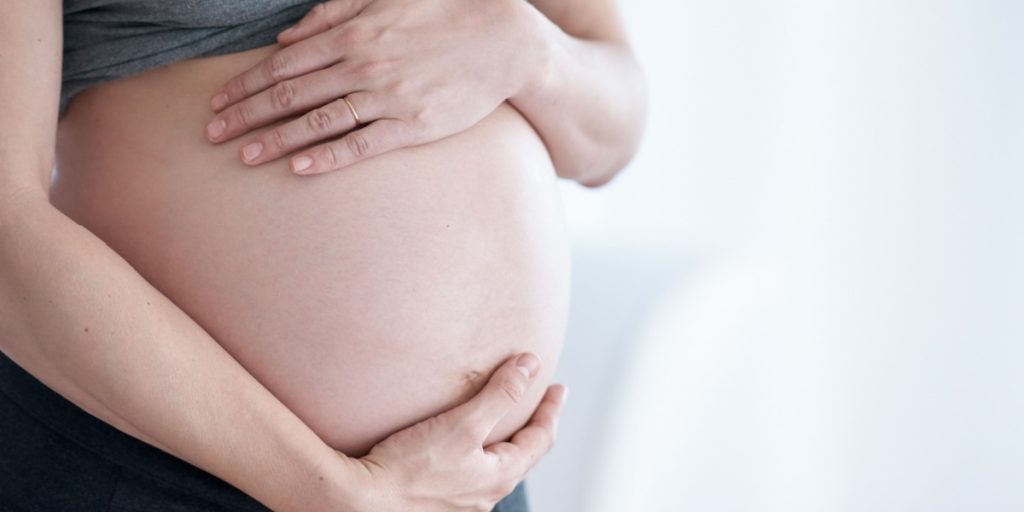How much can biological age increase with each pregnancy?
Others are reading now
A new study from Columbia University has investigated how pregnancy affects women’s biological age, presenting startling findings. The researchers identified a specific impact on the aging process for each pregnancy among young women.
Challenges of Pregnancy
Nausea, sore breasts, headaches, fatigue, and lower back pain.
Pregnancy is one of the most demanding periods for the body, comparable to extreme endurance sports like the Tour de France, according to the researchers.
This is due to the significant physical changes that women undergo during pregnancy. But what do these changes mean for women’s biological age?
Also read
The research team from Columbia University studied 1,735 young men and women from the Philippines to determine the correlation between the number of pregnancies and biological aging.
One of the major challenges in the study was determining the participants’ biological age, that is, the youthfulness and efficiency of their cells.
They used an advanced measuring tool known as the ‘epigenetic clock’ to observe small chemical changes in DNA, known as methylations. These changes do not directly alter the DNA sequence but can modify the activity of genes and thus have an impact on an individual’s lifespan and well-being.
The results showed that each pregnancy accelerated biological aging by between 2.4 and 2.8 months.
“Our findings suggest that pregnancy accelerates biological aging, and these effects are evident in young women with high fertility,” says Calen Ryan, research leader at the Columbia Aging Center.
No Effect Among Fathers
The study did not find comparable biological changes in the men, suggesting that it is specifically the physical processes of pregnancy and possibly breastfeeding that contribute to this accelerated aging.
The researchers also emphasize the importance of considering the context in which the study was conducted.
Many of the pregnant participants were in their late teens, a time when the body is still growing.
“We expect that this type of pregnancy is particularly challenging for a growing mother, especially if her access to healthcare, resources, or other forms of support is limited,” explains Ryan.


